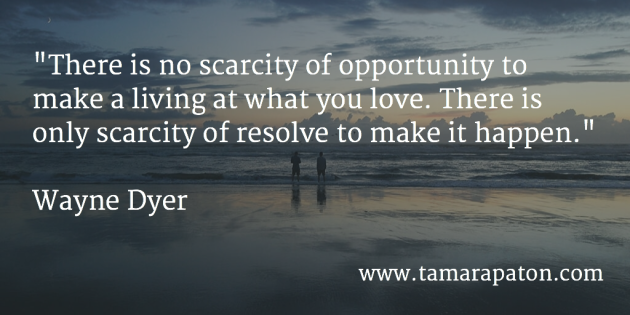

A corporate director in my network recently dealt a damaging blow to his own career. He is likely unaware of the harm he caused, but his bright future faded in my eyes.
Over the years, this director has soared with the support of others. He recently stumbled upon an emerging community that gave him access to unparalleled premium contacts. Rather than telling others of the rare find, however, he kept it to himself. I don’t think the idea of sharing even occurred to him. And this “me-first” attitude will do him no favors in the future.
Stephen Covey observed that some people view life as if there is only one pie out there. “And if someone were to get a big piece of the pie, it would mean less for everybody else.” According to Covey, people with a scarcity mentality have a very difficult time sharing recognition, credit, power or profit.
In contrast, those working from abundance expect good fortune. I often remind myself of how artist Gail Hyatt brushes off missed opportunities by saying that “there’s more where that came from.” Why waste time lamenting past disappointment when she could instead keep an eye out for her next win?
As I prepare to join my sixth corporate board in as many years, I can point to an abundance mindset as my most powerful success factor. Sincerely believing in continued good fortune sustains my motivation to work hard. It fuels the five-minute favors I do to strengthen my network, and makes me more attractive to potential colleagues and mentors.
The research confirms my experience, pointing to 3 ways that a bias for possibilities can pay off for us all.
1. Increased mental bandwidth
In their book entitled Scarcity, MacArthur fellow Sendhil Mullainathan and Princeton professor Eldar Shafir explored the experiences of those with maxed out credit cards, restrictive diets and overflowing calendars.
Warning that a focus on what we lack “saps brainpower and willpower, reducing mental bandwidth,” the researchers pointed to an experiment involving Indian sugarcane farmers. Faced with intelligence tests, these farmers scored worse before the harvest (when they were short of cash) than after. A series of other experiments revealed that feeling poor lowers a person’s IQ by as much as a night without sleep.
I don’t know about you, but I need all the intellectual horsepower I can muster.
2. A bias for expansive, long-term thinking
Amid scarcity, researchers have found that we overvalue immediate benefits at the expense of future ones. We also tend to make aggressive decisions, attempting to offset pending scarcity with bold bets. Ultimately, attending to the future requires cognitive resources, which we now know scarcity depletes.
We see this tendency in action when organizations fiercely protect assets and brace for their competitors’ next move. In contrast, innovators like P&G and Apple found superior results when they eased their defensive stance and opened their ecosystems to third-party collaborators.
3. Independence
At the board table, scarcity can hamper director decision making, particularly as it relates to M&A. If we grip our board seat like it is our last, we are unlikely to support a transaction that puts us out of a job.
Warren Buffett further warns that a sense of scarcity limits candor in the boardroom:
“A director whose moderate income is heavily dependent on directors’ fees – and who hopes mightily to be invited to join other boards in order to earn more fees – is highly unlikely to offend a CEO or fellow directors, who in a major way will determine his reputation in corporate circles.”
In light of today’s hyper-focus on director independence, we must do everything in our power to fight real or apparent self-interest. Fortunately, we can maximize our impact and enjoy the process when we approach board work as if there will always be more. I understand that there are a finite number of board seats in the world, but focusing on that fact does absolutely nothing to support our goals.
Once we are convinced to experiment with an abundance mindset, what’s next? It can’t be as simple as deciding, can it?
For starters, I find value in observation. If you feel anxiety rising over the future, it helps to recognize it as a simple thought pattern that is under your control. Similarly, comparing yourself to others is a self-defeating habit of our own making. End it now.
Next, act generously. This may sound counterintuitive, but supporting someone else’s aspirations makes me feel more fortunate. Facilitate an introduction or share an article that hits the sweet spot of a colleague’s interests. Give an hour of your time to those seeking advice in your field.
Finally, I advocate an appreciation for JOMO, the Joy of Missing Out. At any given moment, there are thousands of corporate directors doing flashier work than me. I ignore that reality and consciously appreciate the subtleties of my own unique experience.
I may not serve on the board of a publicly traded company, but my work has taken me to dinner with an ambassador and hiking amid breathtaking mountain views. I contribute to decisions that directly affect my community and work with people whose values inspire me every day. Awareness of these gifts crowds out niggling thoughts I may have about falling behind.
With consistent practice, you can enjoy the same sense of abundance, a feeling that will make you a more effective director over the long term.
Question: Have you seen a focus on scarcity versus abundance in action? What impact has your mindset had on your performance? I’d love to hear your thoughts via Twitter.








